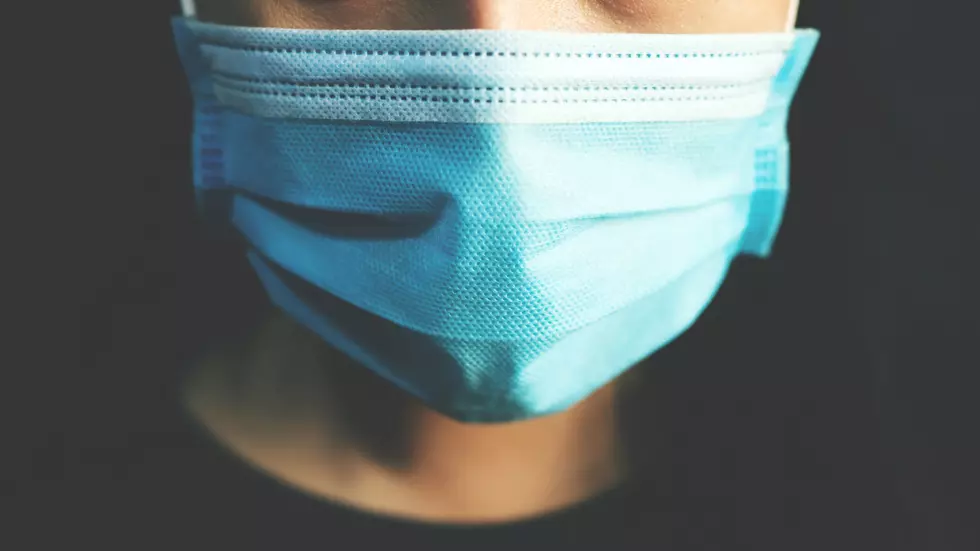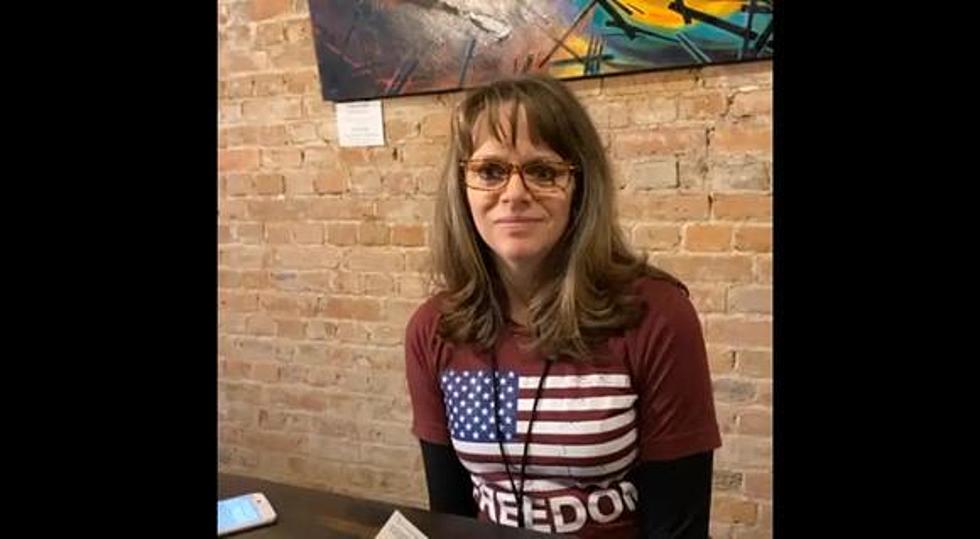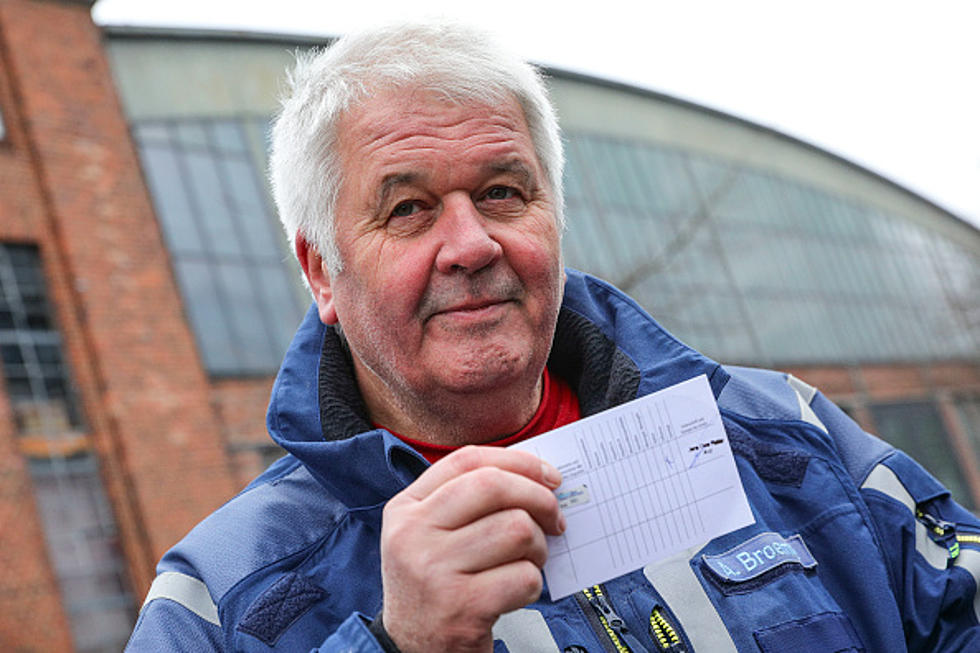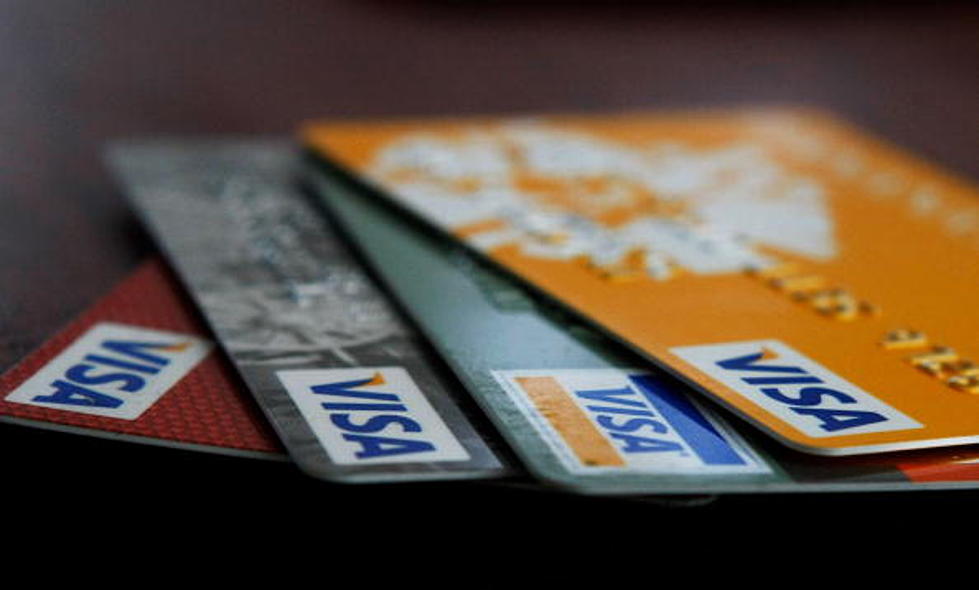
MN COVID-19 Long Hauler Has Symptoms Disappear After Vaccine
We've all heard about the "long haulers". People who have symptoms that remain long after they had COVID. Sometimes these symptoms are fatigue, trouble concentrating, brain fog and sometimes a lingering absence of taste and smell.
Melissa Gerads Jones was experiencing those symptoms and is feeling a whole lot better since getting her COVID-19 vaccine after being plagued with the affects of the virus for almost 400 days. She is encouraging everyone to get vaccinated and avoid what she experienced after contracting the virus early on in the pandemic.
"I had chest pains, chest congestion, wheezing in my chest and throat, brain fog and fatigue," said Gerads Jones told Kare 11.

Before the COVID tests were even ready Gerads Jones and her daughter both contracted the virus way back in March of last year. "All I could keep thinking was, I can't live the rest of my life like this," said Gerads Jones.
She tried meditation and acupuncture to no avail. Then Gerads Jones got her COVID-19 vaccine and only after that did she start to feel better.
"It was about two weeks and then I went, I can think clearly. I have energy again," said Gerads Jones.
Unfortunately, since April the vaccination rate has dropped, according to the Center for Disease Control (CDC). This should alarm many as the the deaths from COVID were almost all among unvaccinated people.
"To see a potential third wave is disheartening and it's disappointing because quite frankly, it's preventable," said Frank Scott Jr. He's the mayor of Little Rock, Arkansas - one place where case numbers keep rising as the delta variant spreads.
Gerads Jones is hoping others will rethink their reluctance to be vaccinated. "If that shot had been available then and could keep me from going what I went through, you're darn straight I would have gotten it right away, no questions asked," said Gerads Jones. "Nobody needs to deal with this."
Be smart! Vaccinations are not a political issue. It's about your health and the health of you family, friends and community.
Answers to 25 common COVID-19 vaccine questions
8 Strange or Unique Minnesota City Nicknames
10 Ways To Keep Cool on Hot Minnesota Days
More From KRFO-AM









